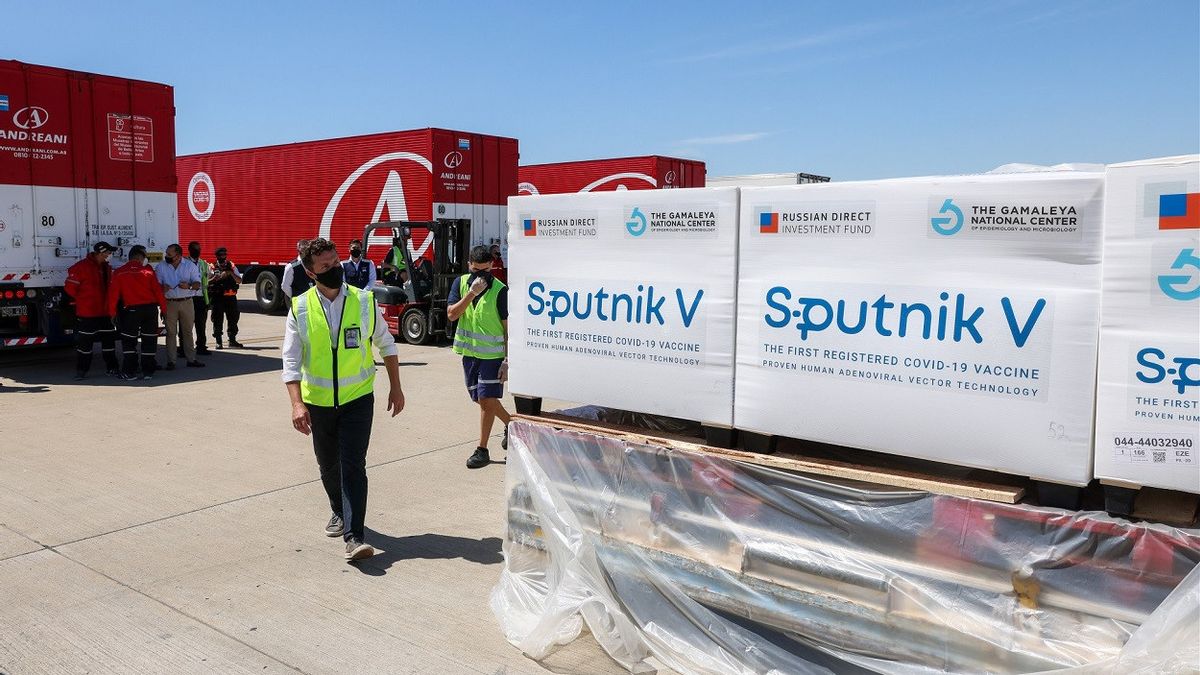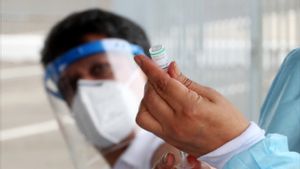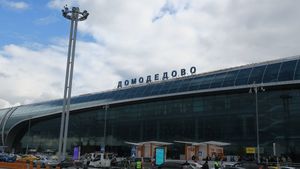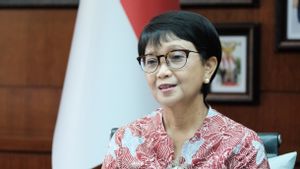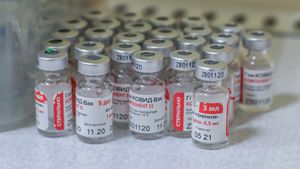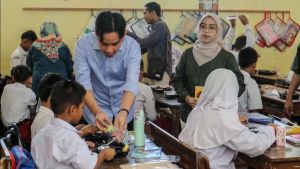JAKARTA - The Russian Direct Investment Fund (RDIF) signed an agreement with the United Nations International Children's Emergency Fund (UNICEF) regarding the supply of the COVID-19 vaccine.
In a statement, cited from TASS on Friday, May 28, the RDIF agreed to provide 220 million doses of their COVID-19 vaccine, Sputnik V, totaling 220 million doses to UNICEF.
"The agreement with UNICEF on the Sputnik V vaccine will expand access and meet worldwide demand for vaccines. Supply to UNICEF will be possible once the vaccine is included in the list of products recommended by WHO for procurement in an emergency", RDIF said in a statement.
Previously, the RDIF announced that it has applied to the World Health Organization (WHO) for registration and prequalification for Sputnik V in October 2020. A WHO decision is expected to be issued in the near future.
The RDIF will also hold talks with the Global Alliance for Vaccines and Immunization (GAVI), to discuss the possibility of including Sputnik V in the COVAX portfolio of the coronavirus vaccine.
The COVAX mechanism (led by GAVI, the Coalition for Epidemic Preparedness Innovation (CEPI), and WHO) together with UNICEF, aims to address the acute phase of the pandemic by the end of 2021.

This is done by providing all countries with rapid and equitable access to safe and effective vaccines, regardless of income levels. This will ensure the protection of health care and social workers, as well as other high-risk groups.
Previously, Russia's First Deputy Minister of Industry and Trade Vasily Osmakov said that the producers of the COVID-19 vaccine in Russia can ensure adequate supplies, even if there is increased demand.
"This information is limited to a certain extent, so my short answer is yes, we can (meet the supply)", he told Komsomolskaya Pravda radio station, when asked if Russia would have sufficient supplies of vaccines if demand for them increased.
"Manufacturing facilities work according to the health care system contract and adjust their (production) capacity according to demand. The capacity is there, and (we) can meet it", he explained.
SEE ALSO:
To note, there are currently three types of COVID-19 vaccines registered in Russia, namely Sputnik V from the Gamaleya Center of the Ministry of Health, EpiVacCorona from the consumer rights monitoring center Rospotrebnadzor's center Vector, and CoviVac from the Chumakov Center of the Russian Academy of Sciences. All vaccines are in two doses.
The English, Chinese, Japanese, Arabic, and French versions are automatically generated by the AI. So there may still be inaccuracies in translating, please always see Indonesian as our main language. (system supported by DigitalSiber.id)
